An emergency fund might sound a bit intense, but it’s really just a savings account that you have for unexpected expenses or emergencies. Think of it as a security blanket – it’ll always have your back.
We also like to call it a ‘just in case’ pot, for those rainy days and broken drains.
Unexpected events and emergencies can be stressful enough without the added worry of money. So what an emergency fund does is provide you with a financial safety net that you can tap into without worrying about getting into debt. If you have an emergency fund, you can use it to cover any costs instead of using overdrafts, credit cards or high-interest loans.
The amount you need to keep aside will depend on your lifestyle and your living expenses. But the general recommendation is to save 3 to 6 months of your take home pay or your expenses. If you’re a freelancer or self-employed, you might feel more comfortable having more than this.
You can use your emergency fund for:
- Unemployment – to cover your expenses while you look for a new job
- Unexpected home maintenance and repairs
- Unexpected car maintenance and repairs
- Medical and dental emergencies
- Unexpected pet costs and vet bills
- Mobile phone and laptop or other electronic breakdown
- Extra living costs after a relationship change
Once you’ve dipped into your emergency fund, you’ll want to work towards topping it up again.
It doesn’t have to be done all in one go. You can build it back up little by little each month.
